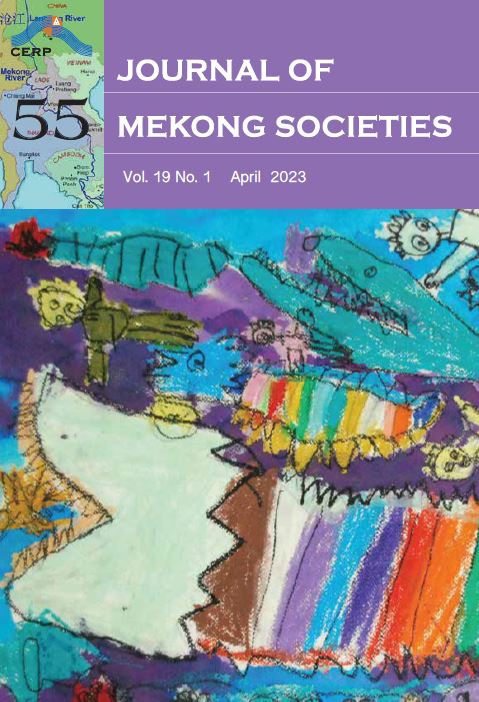Local Curriculum as Cultural Practices for Lanna-ness Identity under Place-based Education Reform Policy in Chiang Mai, Thailand
Main Article Content
Abstract
The present article investigates the local curriculum development process under place-based education reform policy in Chiang Mai, Thailand. I examined this phenomenon in two public schools under Chiang Mai’s urban municipality, through the local curriculum and its cultural practices in which the curriculum was implemented. Using qualitative methodology, I investigated local curriculum texts and cultural practices through documentary research, non-participatory and participatory observation, and in-depth interviews. Then the data were analyzed and theoretically conceptualized by constructing the local curriculum as cultural practices. The curriculum was placed as the primary unit of critical analysis to theorize cultural practices as significant socio-cultural, historical, and ideological contextualization. The findings were two-fold. First, based on textual analysis, the local curriculum had been constructed through the leadership of school principals and teachers partnered by educational stakeholders. The curriculum emerged under the interface between local, national, and global dimensions of knowledge. Second, based on cultural practices, the local curriculum was represented in accordance with the policy of promoting tourism, arts, culture, and education that emphasizes place-based education reform. This indicated that the local curriculum and cultural practices exist in the sphere of localism discourse that leads to the reconstruction of Lanna-ness identity in the context of globalization.
Article Details

This work is licensed under a Creative Commons Attribution-NonCommercial-NoDerivatives 4.0 International License.


